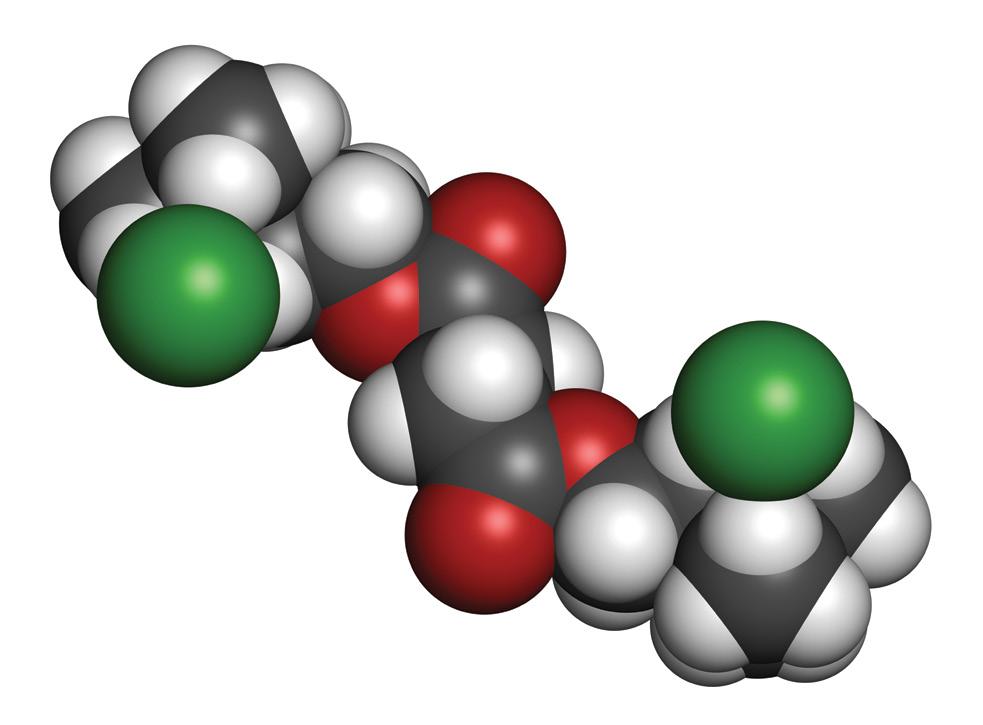
3 minute read
CARDIAC
CLINICAL | CARDIAC Controlling hypertension during the COVID-19 pandemic
How should clinicians navigate clinical uncertainty for patients who are taking angiotensinconverting-enzyme (ACE) inhibitors or angiotensin-receptor blockers (ARBs)?
Advertisement
ANY PATIENTS AND clinicians are aware of the relationship between
COVID-19 and the renin-angiotensin system. Patients concerned about
M
susceptibility to coronavirus already have asked whether to continue taking their prescribed ACE inhibitors and ARBs, and patients who test positive for the virus will likely have the same concern.
Experts have postulated both potentially harmful and potentially beneficial effects of these drugs on the natural history of
It’s not just blood. It’s saving a nation.
DDB SA
45388
COVID-19. Membrane-bound angiotensinconverting enzyme 2 (ACE2) participates in the entry of SARS-CoV-2 into human cells. Conversely, some researchers speculate that ACE inhibitors and ARBs could benefit patients with COVID-19 through various mechanisms. For example, ACE2 converts angiotensin II to angiotensin-(1–7), which has potentially beneficial vasodilatory and anti-inflammatory properties, upregulating ACE2 (with ACE inhibitors or ARBs) could enhance this process. Observational studies have not yielded compelling data on whether COVID-19 patients who take these drugs fare better or worse than otherwise similar patients.
Professional societies have navigated this uncertainty by recommending that patients receiving ACE inhibitors and ARBs should continue taking them. For example, a statement from the American College of Cardiology and American Heart Association (ACC/AHA) notes that, “There are no experimental or clinical data demonstrating beneficial or adverse outcomes with background use of ACE inhibitors [or] ARBs.” The statement recommends continuing these drugs if they are being prescribed for valid cardiovascular indications and advises clinicians not to add or remove them, “Beyond actions based on standard clinical practice.” The ACC/AHA statement provides a good starting point when patients inquire about continuing or stopping ACE inhibitors and ARBs; discussing it with patients often will settle the issue. Nevertheless, some patients might not be reassured by impersonal recommendations from professional societies and will still ask their clinicians “so what do you advise?”
A sensible position for overworked and stressed clinicians facing a global pandemic is to recognise that, for now, the effect of ACE inhibitors and ARBs on the natural history of COVID-19 is unknown. Clinicians should attempt to make decisions that will minimise future regret for themselves and for their patients if the decision eventually is proven ‘wrong’.
REFERENCES
Allan S. Brett, MD and David M. Rind, MD reviewing Patel AB and Verma A. JAMA 2020 Mar 24 Gurwitz D. Drug Dev Res 2020 Mar 4 American College of Cardiology. 2020 Mar 17.
You are invited
Medical Chronicle OBESITY WEBINAR In partnership with CPD ACCREDITED

Join Medical Chronicle and Dr Gary Hudson as he presents a free CPD-accredited 1-hour webinar with new insights on obesity especially with the dual pandemic of obesity and COVID-19
Date: Thursday, 4 June 2020 Time: 19h00 Topic: Obesus Novus: Pandemic on epidemic
Dr G M Hudson is a Specialist Physician with a special interest in Immunity and Metabolism. He graduated MBBCh (magna cum laude) 1987 from the University of Witwatersrand. An internship followed at Hillbrow hospital. He was placed onto the Johannesburg registrar circuit in 1989. Completed MMed exam 1993. He initiated the immune and rheumatology clinics at the then JG Strydom/ Coronation hospital as a consultant. He is a founding member of the HIV Clinicians society. In 2003 he completed FCP(SA). He is a senior lecturer for the FPD. He practiced as a private practitioner in Johannesburg North for many years and relocated to Betty’s Bay where he now practices. He is a guest lecturer for numerous pharmaceutical companies with related topics metabolic syndromes, obesity, thyroid disease, immune diseases.
Online Registration: https://bit.ly/mc-obesity-webinar










